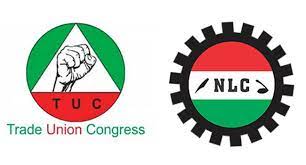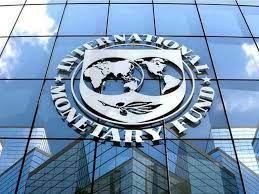
The Lagos State Government is set to intensify its crackdown on environmental violations, with offenders facing fines of up to ₦250,000 or up to three months’ imprisonment beginning July 1, 2025.
This was announced by the Commissioner for the Environment and Water Resources, Tokunbo Wahab, during a media briefing, and reiterated in a statement posted on the state government’s official X (formerly Twitter) account.
According to Wahab, the enforcement is part of a broader campaign to sanitize Lagos and protect the environment from reckless abuse. The state will begin full implementation of its ban on single-use plastics next month, in addition to stronger measures against indiscriminate dumping of refuse, street littering, and other forms of environmental degradation.
“Lagos will no longer tolerate deliberate environmental abuse,” Wahab declared.
“From July 1, anyone found dumping waste illegally, defacing public spaces, or engaging in other forms of pollution will face stiff penalties – a ₦250,000 fine or a jail term of up to three months.”
So far, over 3,000 environmental offenders have been arrested, and Wahab says the state is increasing surveillance efforts and public awareness campaigns to curb further violations.
He also reaffirmed that existing laws banning public defecation, the use of cart pushers, and illegal street trading remain in effect and will be strictly enforced.
“This isn’t just about enforcement — it’s about preserving our environment for ourselves and for future generations,” he said.
“As we prepare for the upcoming Sallah celebrations, let us do so with a renewed commitment to cleanliness and civic responsibility.”
Residents are being advised to bag their waste properly and hand it over to assigned PSP (Private Sector Participation) operators, rather than dumping it into drains, medians, or public spaces.
The latest enforcement push aligns Lagos with global urban centers prioritizing environmental resilience and sustainability. In cities like Nairobi, Mumbai, and Kigali, similar bans on single-use plastics and tough anti-littering laws have significantly improved sanitation and reduced urban flooding.
With mounting environmental concerns and increasing climate threats, Lagos appears poised to lead Nigeria’s urban centers in creating cleaner, more sustainable cities—if its enforcement efforts are sustained and matched by citizen cooperation.





